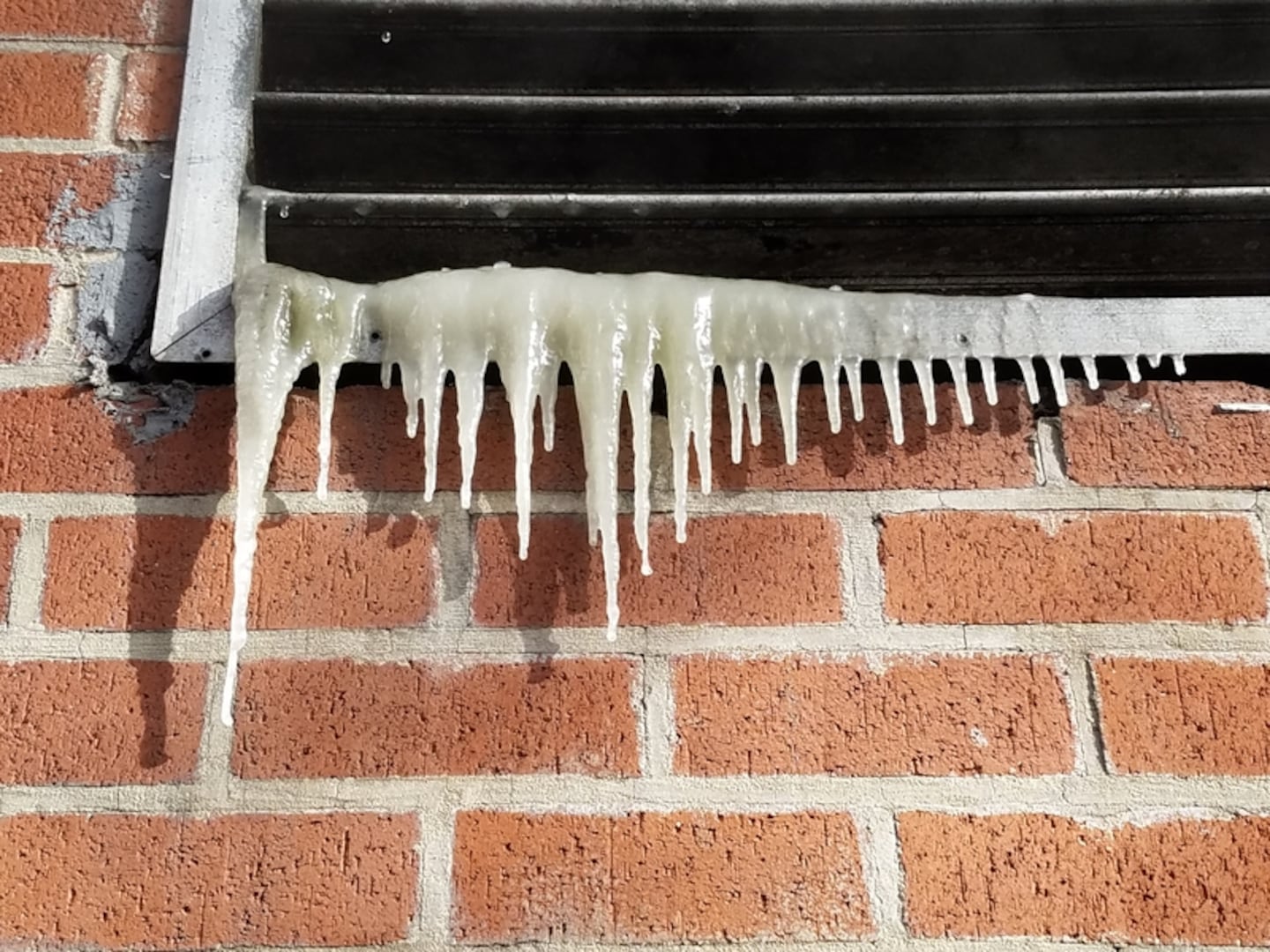After the polar vortex brought record cold to so many places across the United States, a lot of people are now left cleaning up the mess that accompanied the worst of Mother Nature — and they’re wondering if they should file a homeowners insurance claim or not.
Consumer expert Clark Howard has a unique and somewhat controversial answer to that question!
RELATED: Best and worst home insurance companies
Homeowners insurance claims: Consider this before filing
At one point during the historic polar plunge, some two-thirds of Americans were in areas where it was below freezing — often by dozen of degrees below zero — and that’s before you even factor in the wind chill!
All that cold brought with it burst pipes, cracked windows and collapsed roofs, among other things.
So that brings up the question: How much of the damage will be covered by your homeowners or renters insurance? The answer, particularly for homeowners insurance, is (probably) a lot of it, according to USA Today.
But Clark Howard approaches the question from a different angle. For him, it's not a question of is this or that covered, but should you even file a claim in the first place?
"I'm going to say something that's going to sound like heresy," the money expert says on his podcast.
“You need to think through whether it’s a good idea to make a claim. Because insurers will treat you like dirt once you’ve had a claim. They may [even] cancel you at your next renewal [if you file a claim].”
Beware of the tricks insurers try to play when it comes to weather-related claims
Clark notes that insurer may say you’re a “non-renewal” rather than saying they cancelled you. But the effect is the same — you’re left without coverage.
"A lot of insurers' philosophy is if somebody uses their coverage, they don't want them anymore as a customer. And then it's a double whammy because other insurers…either won't want you or will dramatically surcharge your premiums to take you because you had a claim — no matter how small it may be."
Here's the deal: When you file a claim, it's noted on an industry ledger of sorts called your C.L.U.E. report.
The Comprehensive Loss Underwriting Exchange (C.L.U.E.) is a shared database insurance companies record claims on after you make them.
If you have too many claims on your C.L.U.E. report, other insurers will often treat that as a red light and may refuse to write you another policy for up to three years.
Furthermore, with so many claims being weather-related, insurers will try to play dirty with you, Clark says. They may try to make the case that you didn’t drip your faucet, you didn’t insulate your pipes, etc. — all in an effort to justify not paying for water damage in some cases.
“It’s a really classless act of so many insurers when the chips are down — no matter how they advertise — that they’re not there for you,” Clark notes. “So knowing that’s how the game is played, be careful.”
Here’s your best bet…
So what’s the solution? Clark says you should consider putting roadblocks in your own path to lessen the likelihood that you’ll make a claim in the first place.
“I want you to think about at your next renewal raising your deductible as high as your insurer or your mortgage holder will permit you,” Clark says.
The benefit is actually twofold.
“That way, you don’t even think about making small claims, and you’re also in a position where you get lower [monthly] premiums because you have that higher deductible.”
By Clark’s estimation, homeowner’s insurance should only be used in the event of a significant and serious loss. You’ll have to decide how you define that in your life.
“The more you can self-absorb instead of making a claim,” the consumer champ says, “the better off you’ll be.”
Special considerations for renters insurance
If you're a renter, your landlord is not responsible in the aftermath of a storm for your belongings in a home you're renting. That's why you need renters insurance.
Clark recommends you shop with your auto insurer for a renters insurance policy, which is often as little as $100 or $200 for a year’s worth of coverage.
One caveat: If you’re renting in a major complex, don’t buy your coverage through them. “It’s usually marked up and not as good as you can buy on your own,” Clark cautions.
“Almost always, a policy you buy independently will cover more and cost less than what the apartment complex is going to have you buy.”
More insurance stories on Clark.com:
- Best and worst auto insurance companies
- How to shop for term life insurance
- Free term life insurance? Yep, it's a thing and here's how you can get it!
The post When should you file a claim on your homeowners insurance? appeared first on Clark Howard.
Clark.com





